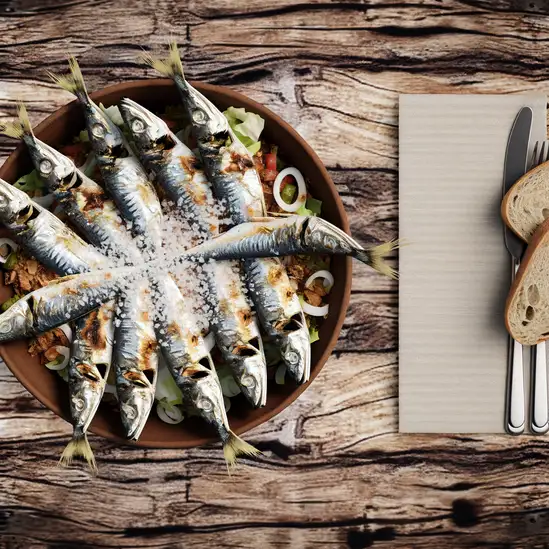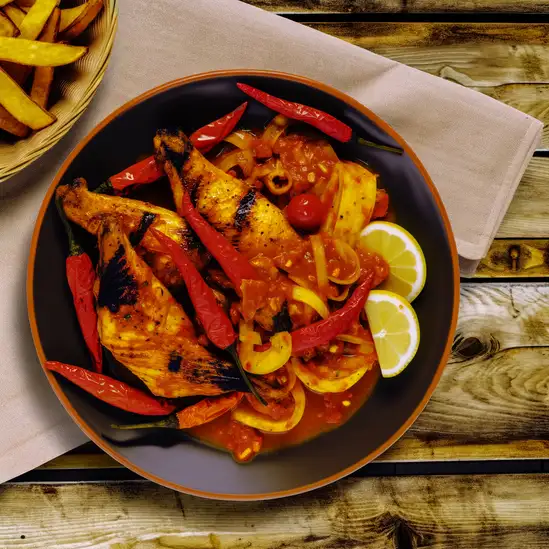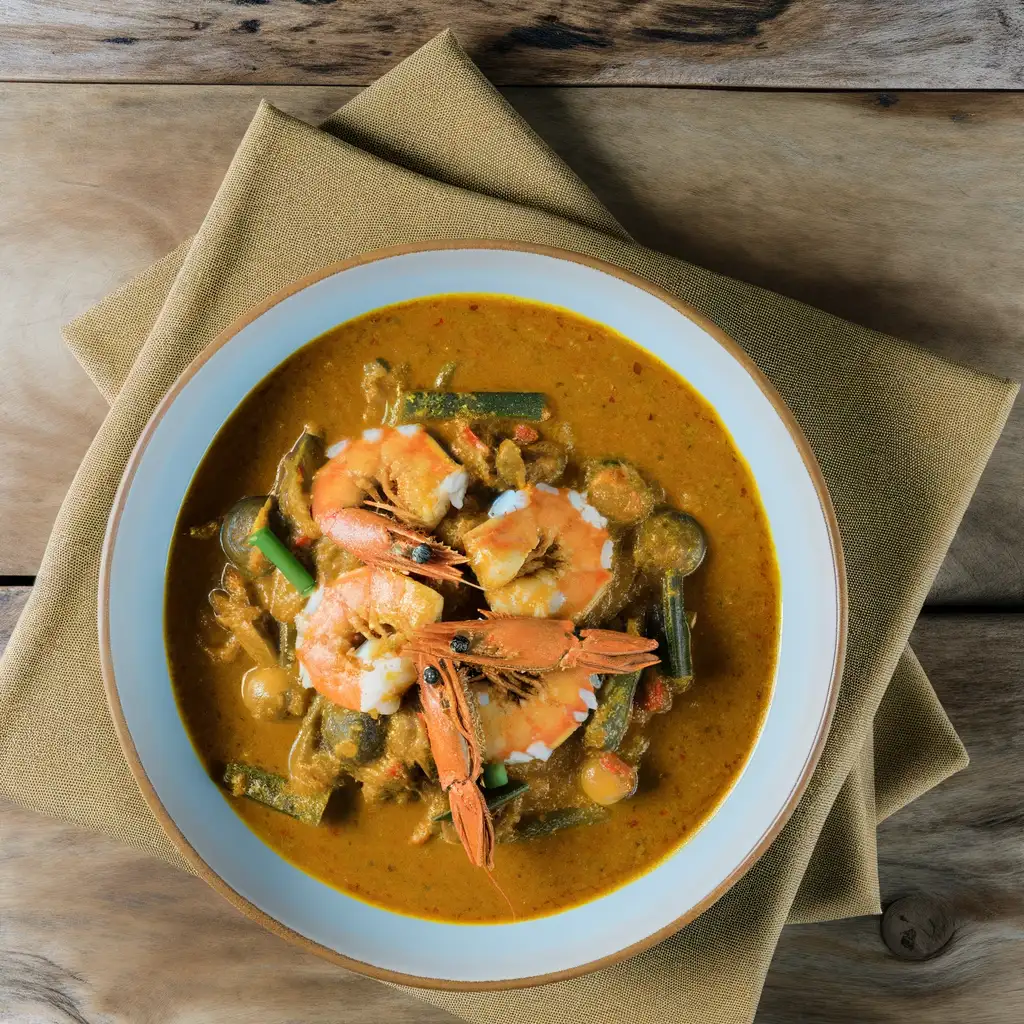



Imagine stepping into Maputo and instantly feeling the pulse of a city that’s alive with rhythm and warmth. The air carries a mix of salty ocean breeze and the rich aroma of freshly grilled seafood from street vendors,while the streets hum with the chatter of locals and the distant beat of marrabenta music. It’s a place where colonial architecture with its pastel hues stands shoulder to shoulder with vibrant markets bursting with colorful fabrics,spices,and handcrafted treasures. Walking along the waterfront,you catch glimpses of fishermen hauling in their catch,and the scent of coconut and tropical fruits mingles with the salty air. Maputo’s charm lies in its effortless blend of cultures—Portuguese influences mingle with African traditions,creating a unique,laid-back vibe that’s both cosmopolitan and deeply rooted in local life. The city feels like a warm embrace,where people greet you with genuine smiles and invite you to share in their stories over a cup of strong coffee or a cold bottle of 2M beer. At night,the city transforms as jazz and Afrobeat spill out from cozy bars,inviting you to dance or simply soak in the lively atmosphere. What really stays with you is the city’s spirit—resilient,creative,and welcoming. Whether you’re wandering through the bustling Mercado Central,savoring fresh prawns at a beachside shack,or watching the sunset paint the sky over the Indian Ocean,Maputo leaves you with a sense of having discovered a place that’s both vibrant and heartfelt,a city that invites you to slow down and savor every moment.
The information on this page is currently being reviewed by Tripkliq and should be used as a guide only
Eng word: Hello
Eng pronunciation: Oh-lah
Local language: Olá
Eng word: Goodbye
Eng pronunciation: Ah-deh-oosh
Local language: Adeus
Eng word: Thank you
Eng pronunciation: Oh-bree-gah-doo
Local language: Obrigado
Eng word: How much
Eng pronunciation: Kwahn-too koos-tah
Local language: Quanto custa
Eng word: Toilet
Eng pronunciation: Bahn-yay-roo
Local language: Banheiro
Eng word: Help me
Eng pronunciation: Ah-zhoo-dee mee
Local language: Ajude-me
Eng word: Yes
Eng pronunciation: Seem
Local language: Sim
Eng word: No
Eng pronunciation: Now
Local language: Não
Eng word: Excuse me
Eng pronunciation: Kohm lee-sen-sah
Local language: Com licença
Maputo, originally named Lourenço Marques, was founded in the late 18th century by Portuguese traders and explorers. The city was named after the Portuguese navigator Lourenço Marques who explored the area in 1544.
The Maputo Railway Station, designed by Gustave Eiffel, was completed in 1916. It is considered one of the most beautiful railway stations in the world and is a significant landmark in the city.
Mozambique gained independence from Portugal on June 25,1975. Maputo, as the capital city, played a crucial role in the independence movement and the subsequent development of the nation.
The Maputo Fortress, also known as Fortaleza de Nossa Senhora da Conceição, was built in the 18th century. It served as a military stronghold and now houses a museum showcasing Mozambique's history.
This stunning cathedral, located in the heart of Maputo, was completed in 1944. It is an architectural marvel and a significant religious site for the city's Catholic community.
Established in 1885 by the British gardener Thomas Honney, the Tunduru Botanical Gardens are a lush oasis in the city. They feature a variety of exotic plants and are a popular spot for both locals and tourists.
The Maputo Central Market, also known as Mercado Central, has been a bustling hub of commerce since the early 20th century. It offers a vibrant atmosphere where visitors can experience local culture and buy fresh produce, crafts, and more.
Opened in 1922, the Polana Serena Hotel is one of Maputo's most iconic buildings. This luxurious hotel has hosted numerous dignitaries and celebrities over the years and is a symbol of the city's colonial heritage.
Founded in 1962, Eduardo Mondlane University is the oldest and largest university in Mozambique. It was named after Eduardo Mondlane, a key figure in the country's independence movement.
In Maputo, the most common Power Adaptor is Type C, Type F, Type M.







Grilled sardines seasoned with lemon and spices, commonly enjoyed as a street food snack along the coast.

Grilled chicken marinated in a spicy piri-piri sauce made from chili peppers, garlic, and lemon, often served with rice or fries.

A flavorful curry made with fresh seafood, coconut milk, and a blend of spices, reflecting the coastal influences of Mozambique.

A traditional dish made from cassava leaves cooked with peanuts, coconut milk, and sometimes served with fish or meat.

A hearty stew of beans with pork or beef, often served with rice and a side of collard greens, showcasing the Portuguese influence in Mozambican cuisine.

A staple dish made from ground maize, similar to polenta, often served as a side with stews or grilled meats.

A traditional cake made from ground nuts, often cashews, and coconut, providing a sweet treat that is popular in local celebrations.
Imagine a place where the ocean’s salty breeze mingles with the scent of blooming fynbos,and every corner pulses with a vibrant mix of cultures and stories. That’s Cape Town for you—a city that feels alive in the best way. From the moment you step onto the bustling streets,you’re wrapped in a warm,welcoming energy. The iconic Table Mountain looms overhead,its flat top often dusted with clouds,inviting you to explore its trails or simply admire its majesty from a cozy café. The city hums with a rhythm that’s both laid-back and electric,where street musicians play soulful tunes and the chatter of locals spills out from colorful markets.
Walking through neighborhoods like Bo-Kaap,you’ll be greeted by a kaleidoscope of pastel houses and the irresistible aroma of spicy Cape Malay dishes wafting through the air. The flavors here are bold and comforting—think fragrant curries,fresh seafood caught just hours before,and sweet koeksisters that melt in your mouth. At the V&A Waterfront,the lively buzz of boats bobbing in the harbor mixes with the laughter of friends sharing a glass of local wine,while the distant call of seagulls reminds you of the city’s close embrace with the sea.
Cape Town’s charm lies in its contrasts:rugged landscapes meet urban sophistication,history blends with modern creativity,and every sunset paints the sky in hues you’ll want to bottle up and take home. It’s a place that invites you to slow down,breathe deeply,and soak in moments that feel both timeless and thrillingly new.
A gateway to the Bazaruto Archipelago,Vilankulo is famous for its pristine islands,turquoise waters,and world-class snorkeling and diving opportunities.
ExploreDurban feels like a warm hug from the moment you arrive—its golden beaches stretch endlessly,kissed by the Indian Ocean’s gentle waves and a breeze that carries the scent of salt and sizzling street food. Walking along the beachfront,you’ll hear the rhythmic crash of surf mingling with the lively chatter of locals and the distant beat of drums from a nearby market. The city pulses with a vibrant energy,a unique blend of Zulu heritage and Indian influences that colors everything from the spicy aromas wafting from curry stalls to the intricate beadwork in local crafts.
What really makes Durban stand out is its laid-back yet lively spirit. You can spend your mornings wandering through the bustling Victoria Street Market,where the air is thick with the fragrance of fresh spices and ripe tropical fruits,and your afternoons lounging under palm trees,watching surfers dance on the waves. The city’s warmth isn’t just in the weather—it’s in the smiles of the people,the rich storytelling in the local music,and the way every meal feels like a celebration of culture.
Durban invites you to slow down and savor life,whether that’s through a plate of bunny chow,a stroll in the lush Botanical Gardens,or a sunset cruise along the harbor. It’s a place where the ocean’s calm meets the city’s vibrant heartbeat,leaving you with a sense of belonging long after you’ve left.
Pemba, located on the northeastern coast of Mozambique, is a captivating city known for its pristine beaches, crystal-clear waters, and rich history. With its stunning coastline, Pemba offers incredible opportunities for diving, snorkeling, and water sports. The city's Portuguese colonial architecture, vibrant markets, and friendly local culture add to its allure. Whether you want to relax on beautiful beaches, explore the underwater world, or immerse yourself in the local traditions, Pemba is a destination that will enchant and inspire visitors from around the world.
ExploreHome to the historic Stone Town and surrounded by idyllic islands,Zanzibar City offers a mix of cultural heritage,stunning beaches,and vibrant markets.
ExploreThe capital of Madagascar,Antananarivo is a hub for exploring the island's unique biodiversity,including its famous lemurs,and offers a blend of history and culture.
ExploreScammers install skimming devices on ATMs to steal card information and PINs from unsuspecting users.
Scammers approach tourists claiming to collect donations for a local charity or cause, but pocket the money instead.
Scammers offer to exchange money at better rates but provide counterfeit or outdated currency.
Individuals pose as tour guides and charge high fees for subpar or nonexistent services.
Tourists are charged exorbitant prices for souvenirs, especially in tourist-heavy areas, unless they negotiate.
Thieves target tourists in crowded areas, markets, or public transport to steal wallets, phones, or other valuables.
Corrupt police officers stop tourists for minor or fabricated infractions and demand bribes to let them go.
Tourists renting cars, bikes, or other equipment are falsely accused of causing damage and are forced to pay hefty repair fees.
Vendors sell counterfeit or low-quality goods at inflated prices, often targeting tourists unfamiliar with local prices.
Unlicensed taxi drivers or even some licensed ones overcharge tourists by not using meters or taking longer routes.
The use, possession, and trafficking of drugs are illegal in Mozambique and are subject to severe penalties, including long prison sentences. This applies to all types of drugs, including marijuana, which is illegal in the country. Tourists should avoid any involvement with drugs to prevent legal trouble and ensure a safe visit.
In Maputo, Mozambique, smoking is generally allowed in public places, but there are restrictions. Smoking is prohibited in certain areas such as hospitals, schools, and public transportation. Restaurants and bars may have designated smoking areas, but it is always best to ask before lighting up. Tourists should be mindful of local customs and regulations to avoid fines or other penalties.
Vaping is relatively new in Mozambique, and there are no specific regulations that strictly govern its use. However, it is advisable to follow the same guidelines as smoking. Avoid vaping in non-smoking areas and always ask for permission in private establishments. Being considerate of others and adhering to local norms will help avoid any potential issues.
What are other people saying about Maputo?
Recent Social posts about Maputo
There is nothing to show you for now.